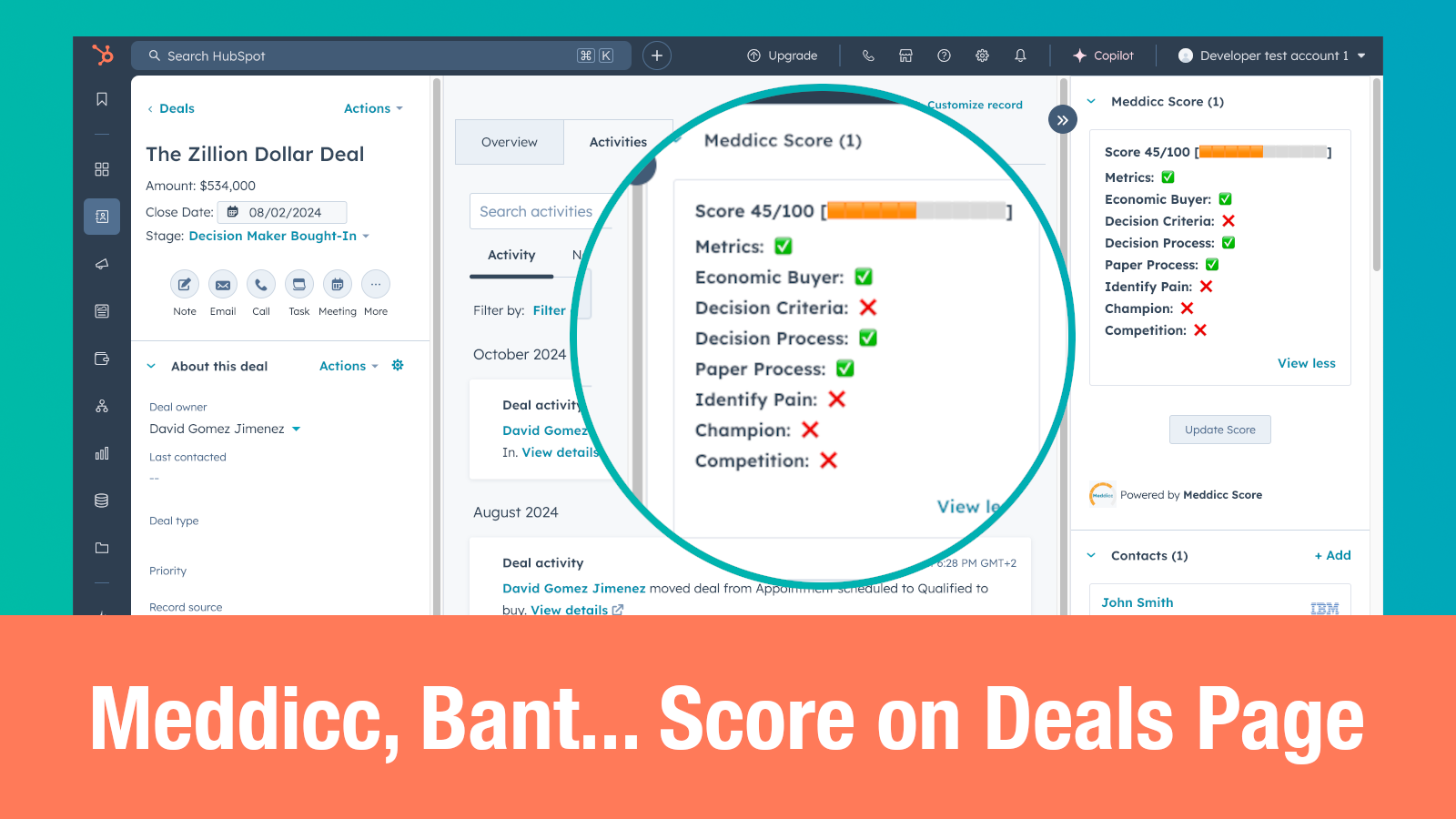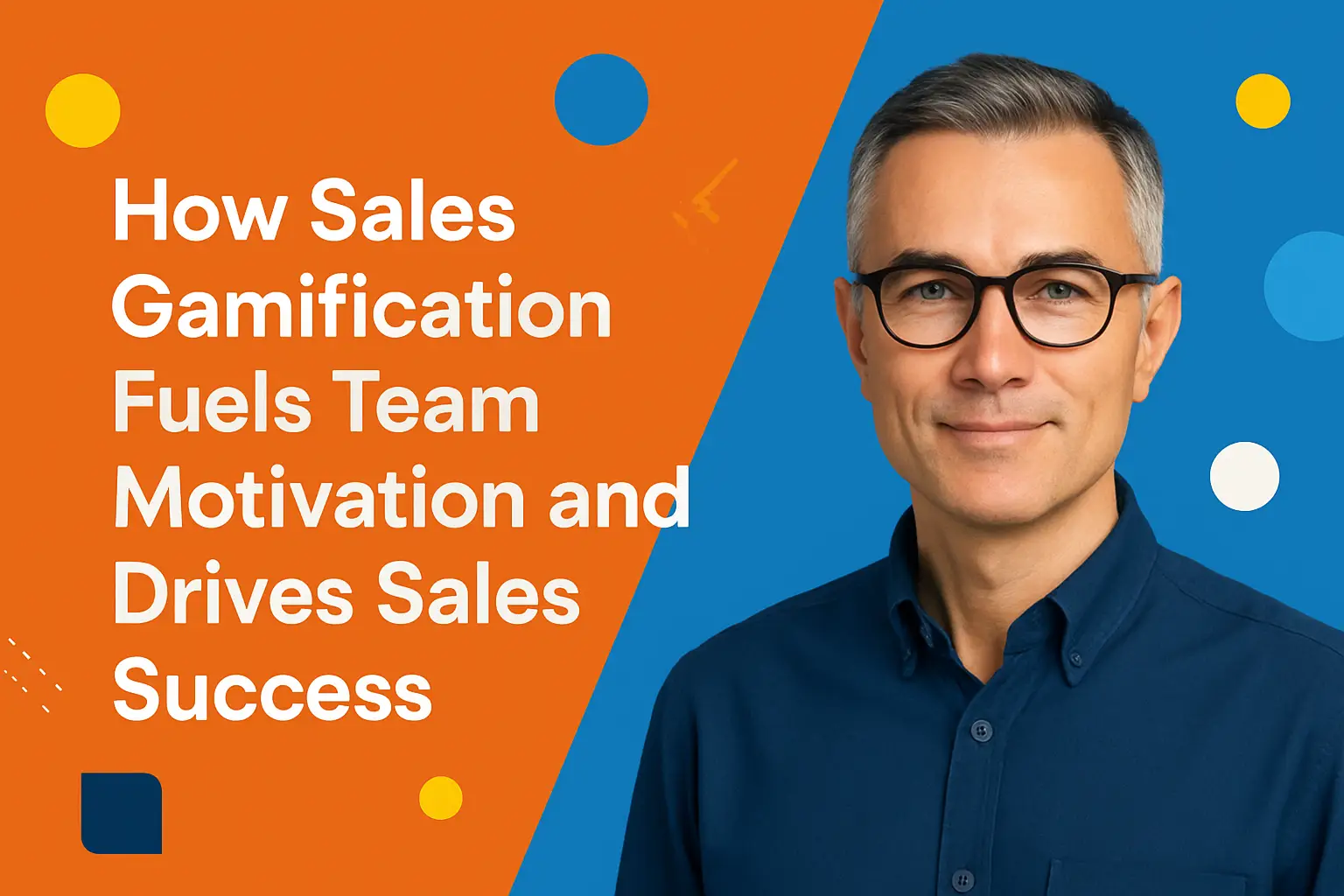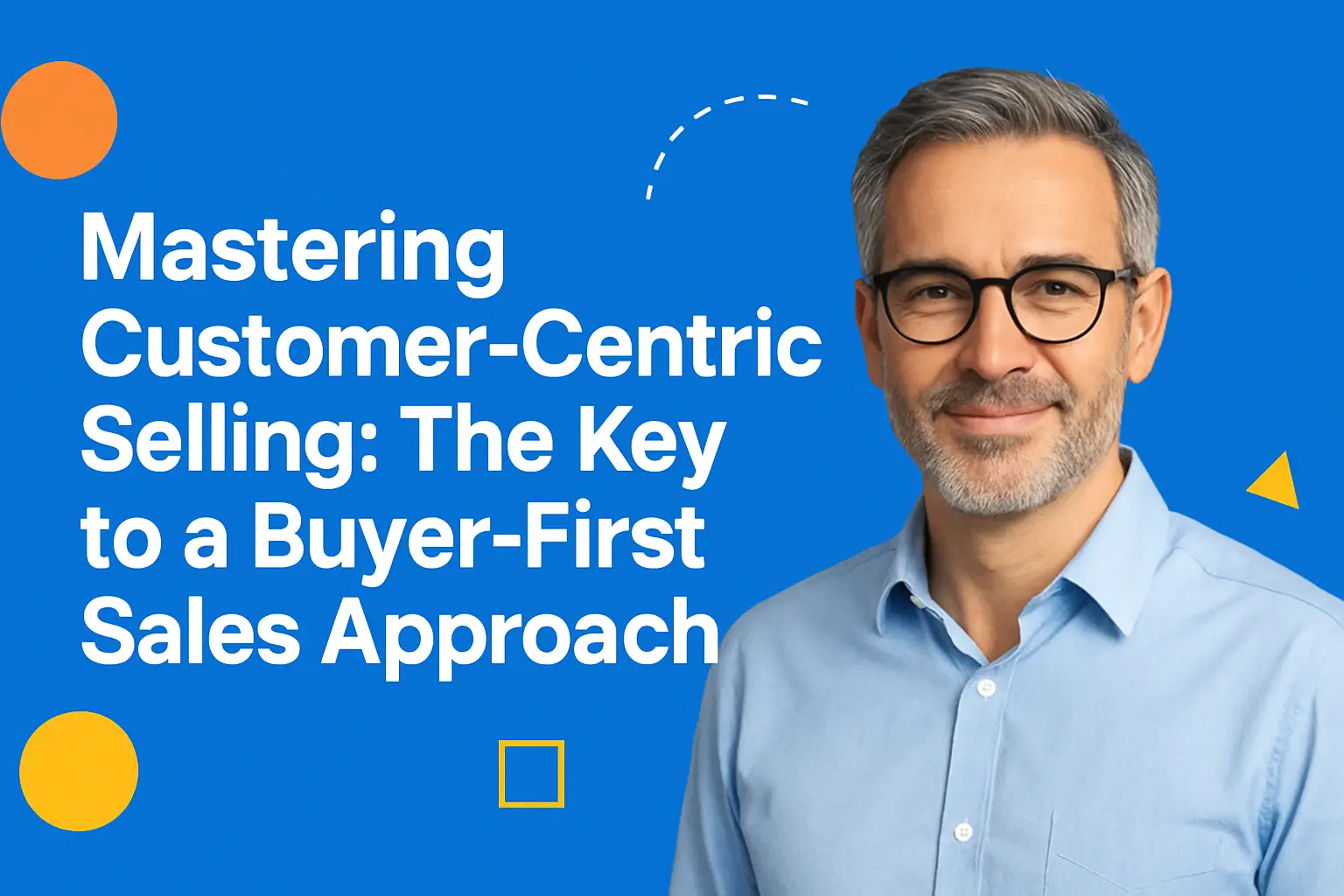Understanding the Difference Between MEDDICC, BANT, and SPICED: Which Framework is Best for Your Sales Strategy?
In the realm of sales, choosing the right framework is crucial for success. MEDDICC, BANT, and SPICED are three popular frameworks that sales teams often employ to streamline their processes and improve their close rates. This blog post draws a clear distinction between these frameworks, helping you determine which one may be the better fit for your organization’s needs.
What Are Sales Frameworks?
Sales frameworks are structured methods that sales teams use to evaluate potential leads and guide them through the buying process. They lay down a set of criteria that aid in qualifying prospective customers, thereby maximizing efficiency and effectiveness in closing sales.
Overview of MEDDICC, BANT, and SPICED
MEDDICC
The MEDDICC framework focuses on identifying key aspects that can influence a sales deal. The acronym stands for:
- Metrics: Understand the quantitative goals of your prospect.
- Economic Buyer: Identify the individual who holds the budget authority.
- Decision Criteria: Know the factors affecting the customer’s purchasing decision.
- Decision Process: Gain insight into the steps your prospect takes to make a decision.
- Identify Pain: Recognize the primary issues your prospect is facing.
- Champion: Build a relationship with the person within the organization who advocates for your solution.
BANT
BANT is a classic sales qualification framework that stands for:
- Budget: Determine whether your prospect has allocated funds for your solution.
- Authority: Identify the key decision-maker in the purchasing process.
- Need: Assess whether your product or service solves a specific problem for the prospect.
- Timeline: Understand when the prospect intends to make a purchase.
SPICED
SPICED is an innovative approach that modernizes traditional sales qualifications. It represents:
- Situation: Understand the current circumstances of your prospect.
- Problem: Identify the core problems they face.
- Impact: Assess the implications of these problems on their business.
- Critical Event: Recognize any impending timelines or events that could influence their decision.
- Decision: Understand who will finally make the decision and the process involved.
Comparing MEDDICC, BANT, and SPICED
| Framework | Key Focus Areas | Best For |
|---|---|---|
| MEDDICC | Comprehensive analysis of decision factors | Complex sales requiring multiple stakeholders |
| BANT | Basic qualification criteria | Simple sales processes with clear budgets |
| SPICED | Emphasizes understanding of the prospect’s situation and impact of problems | Adaptive selling in dynamic environments |
Which Framework is Better for You?
Selecting the right framework often depends on the specific needs and dynamics of your sales process:
-
Use MEDDICC if your product requires a detailed understanding of metrics and if multiple stakeholders are involved in the decision-making process. It is particularly effective in complex B2B sales environments.
-
Choose BANT if you are dealing with straightforward sales where prospects have clear budget constraints and quickly identifiable needs. BANT is quick and to the point but may fall short in deeper sales scenarios.
-
Opt for SPICED if your sales process requires a more nuanced understanding of customer situations and problem impacts. SPICED allows for adaptable selling by focusing on the prospect’s unique context, making it suitable for fast-paced and evolving industries.
Conclusion
Each framework—MEDDICC, BANT, and SPICED—offers distinct advantages that cater to different scenarios in the sales cycle. By understanding their unique characteristics, you can better tailor your sales strategy to meet the specific needs of your prospects, ultimately leading to increased success rates.
Evaluate your team’s objectives, the complexity of your products, and the dynamics of your market to choose the framework that will yield the best results for your organization. Whatever path you choose, combining elements from these frameworks may also create a more comprehensive strategy that fosters ongoing improvements in sales performance.




